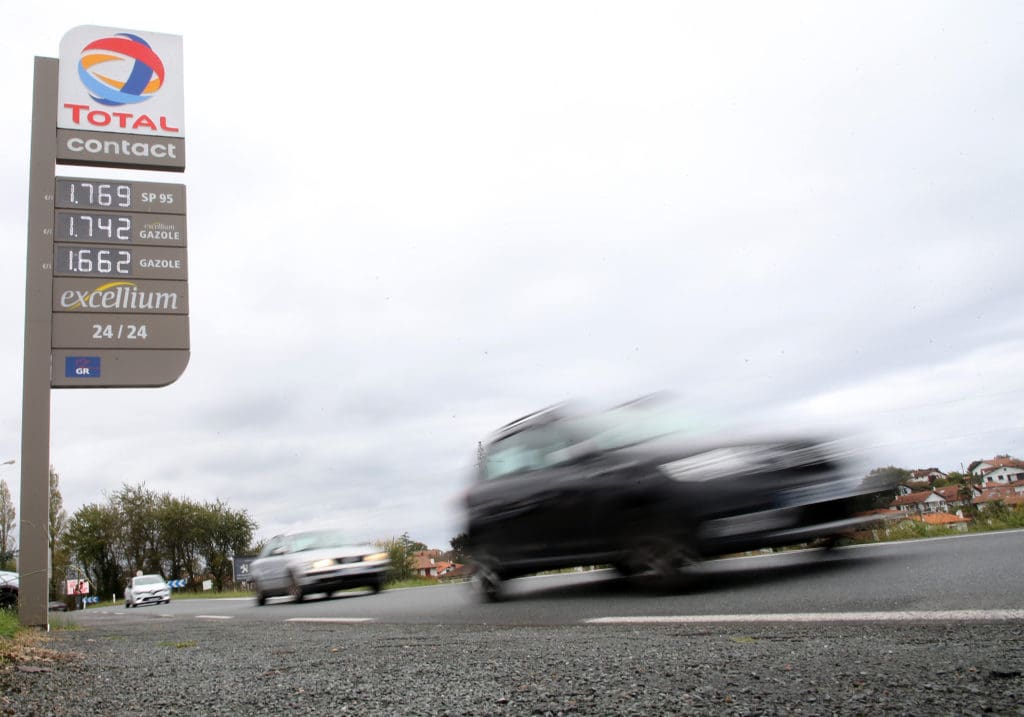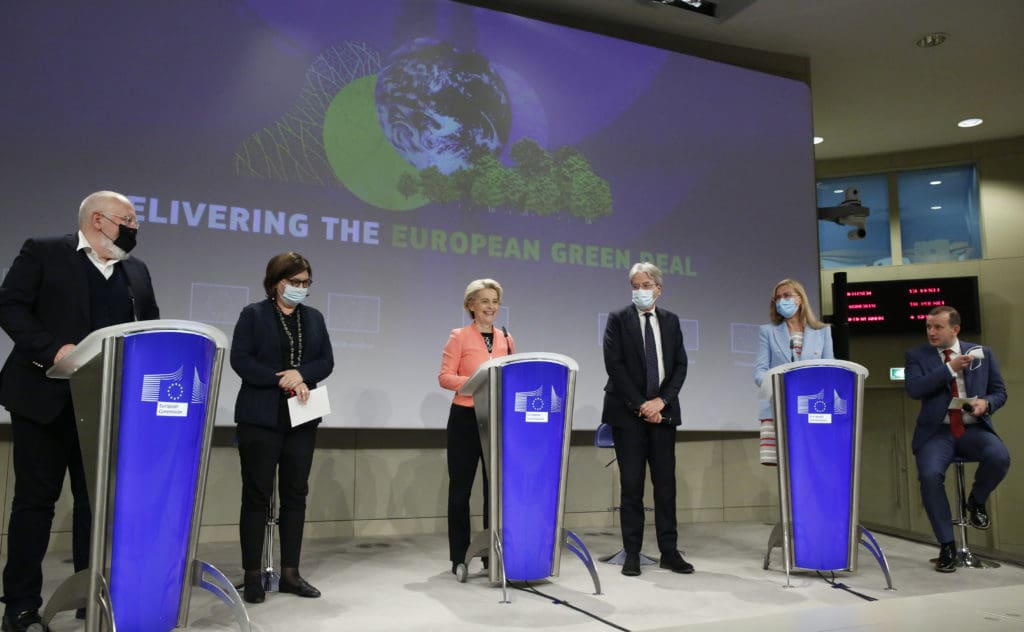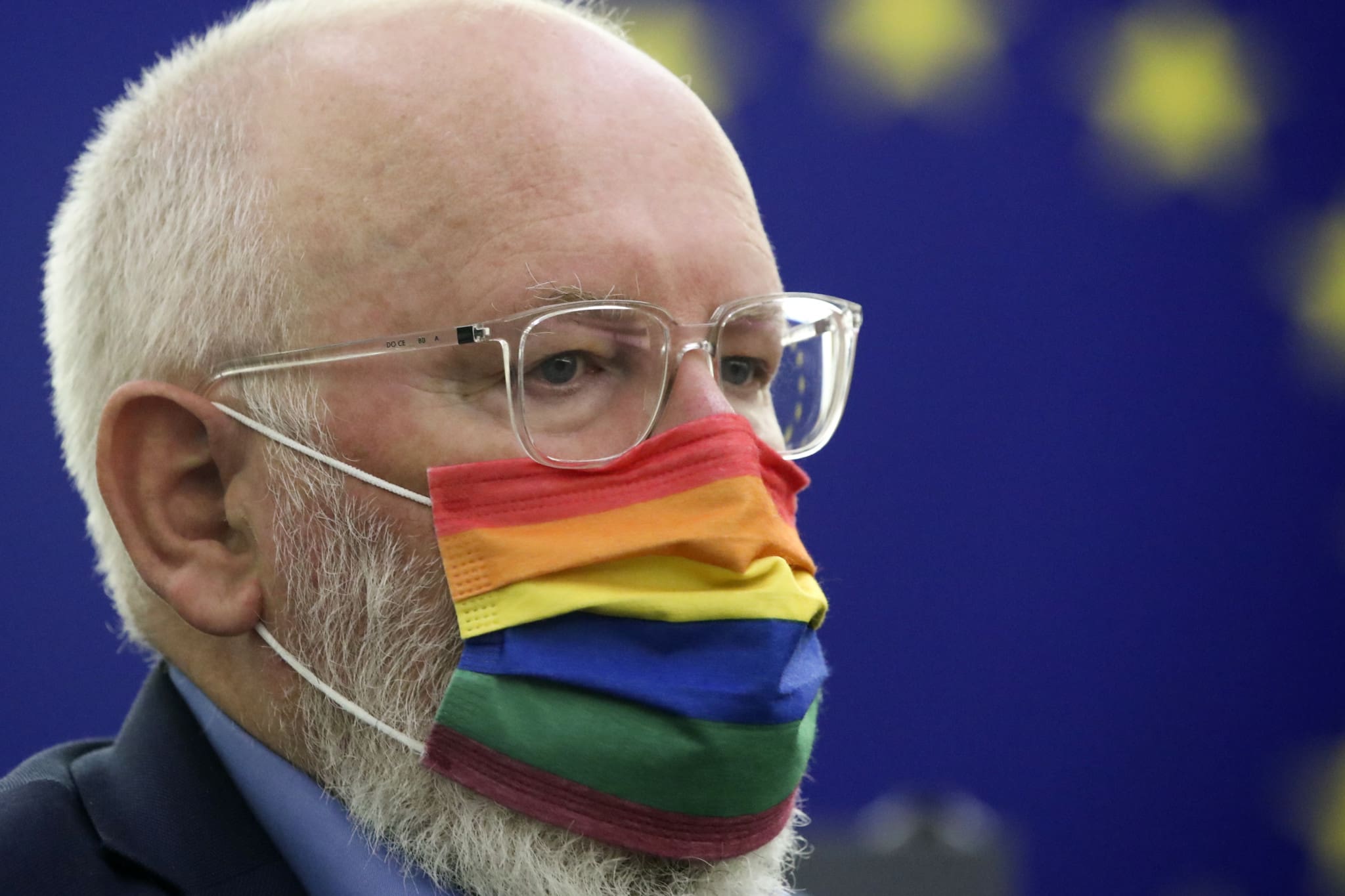Hungary’s conservative government is sticking to its guns in its dispute with the European Union concerning Brussels’ plans to tax households and raise energy prices in order to pay for their ambitious Green Deal. During a press conference, Gergely Gulyás, the minister in charge of the Hungarian prime minister’s office, told reporters, that Brussels would tax people’s homes and cars to pay for what he says are misconceived climate protection projects. He indicated that the Hungarian government is committed to defending tits policy of reducing household bills — not raising them.
The minister said that there is an ongoing household expense crisis all over Europe due to “incredibly high, skyrocketing” energy costs. The main reason for this, in addition to world market prices, is that the European Commission is pursuing an ill-conceived energy policy. According to the minister, there is an open attack on the Hungarian government’s household bill reduction project, as a result of which Hungarian energy prices are one of the lowest among EU member states. He said that the Visegrád Four countries plan to veto these attempts, and would reject the proposals from Brussels.

The commissioner responsible for the EU’s green deal is Executive Vice-President Frans Timmermans, who has been one of the most vocal critics of Viktor Orbán’s government. There is no love lost between Timmermans and Orbán, and it is no surprise then that the Hungarian government published a paper showing that the commissioner’s numbers do not add up, because energy prices have shot up much faster than Timmermans’ model originally predicted.
Gulyás again reiterated that the European Commission’s recent measures contributed to the ongoing energy crisis, as Brussels forced the cessation of traditional European energy production, citing climate protection as a reason. The EU then set about liberalizing the gas and electricity markets without a proper transition. In addition, he continued, when the signs of the crisis were already visible last year — because reserve levels were at record lows, demand was rising, supply was falling, and long-term gas contracts were running out — Brussels did nothing for half a year to supply Europe with raw materials, nor did they hold any substantive consultations with partners.

According to Hungary’s minister, the European Commission’s proposal now wants to extend the EU Emissions Trading Scheme (ETS) to road transport, cars, public buildings, and family houses, as well as consumers. That would mean that Brussels would tax people’s homes and cars, instead of enforcing the “polluter pays” principle, thus protecting multinational companies from paying their share for the cost of pollution. He explained that the price of natural gas in European markets increased by 400 percent in one year, while the price of electricity increased by 80 to 100 percent. Consequently, household energy prices have increased in all European countries — except in Hungary.
He also drew attention to the fact that the lowest retail prices of gas and electricity are in Hungary. In the case of residential consumer prices, one kilowatt-hour of electricity comes to €10 in Budapest, while it more than twice as much in Vienna and almost three and a half times as much in Berlin. He added that the unit price of gas in the Hungarian capital is €2.87, while in Vienna it is three times as much, in Berlin more than double, and in Sweden the price of gas is eight times higher.
Gulyás also stated that Brussels’ plans to ban gas and diesel cars by 2035 are “dangerous”. He emphasized that the left-wing leadership of Budapest converging around liberal mayor Gergely Karácsony, is already talking about banning diesel vehicles, and want to introduce a congestion charge, while multinational companies can pollute the environment without consequences.
Hungary was recently criticized for signing a long-term contract with Russia for the supply of gas, which guarantees the country’s energy security for the next 15 years. Russia is accused of using its energy supplies as a form of hybrid warfare, but European attempts to replace traditional fossil or nuclear-based energy resources have so far proved not only costly for every-day consumers and businesses, but have also led to a major energy supply crunch and even serious blackouts in a number of member states.






